Oct 28, 2025 10:47 AM
In Memoriam: Jack DeJohnette, 1942–2025
Jack DeJohnette, a bold and resourceful drummer and NEA Jazz Master who forged a unique vocabulary on the kit over his…
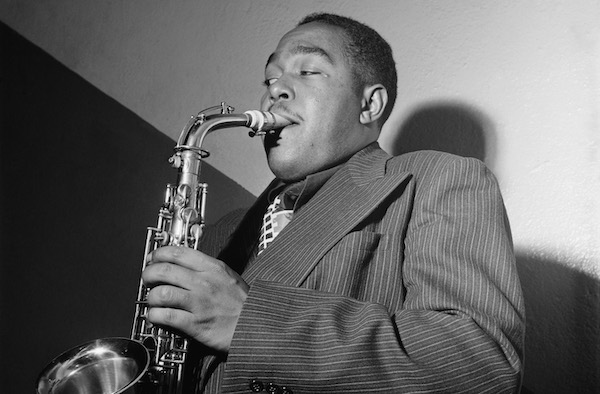
Charlie Parker (1920–1955)
(Photo: William P. Gottlieb/Ira and Leonore S. Gershwin Fund Collection, Music Division, Library of Congress )But for years, the most avidly retold part of the Charlie Parker myth wasn’t the way he applied discipline and determination to become the absolute master of his instrument. Instead, it focused on the drug habit he acquired in his late teens, and suggested that, somehow, it was heroin, and not hard work, that explained Bird’s flights of genius.
Journalist Ira Gitler, in his 1985 book, Swing to Bop, recalled that in an earlier essay he had wondered whether Bird’s genius came “in spite (or because?)” of his drug use. “Drugs do not necessarily help musicians play better,” he eventually decided, “but the music could not have been the same without everything that went into it. Now I would take the question mark off ‘because.’”
Certainly, there were plenty of players at the time who believed that if Bird played like that while using, then they needed to start using, too. Saxophonist Grace Kelly heard about this firsthand from the late Frank Morgan. “He would tell stories about how, as a young teenager, he completely idolized Parker, and everyone was saying he was going to be the next Charlie Parker,” she said. “And then, when he finally got to meet him, he saw his drug habit, and that’s how Frank got hooked. Because he thought, ‘If he’s doing this, it must be what I need to do.’”
“I try to avoid that whole tortured genius/drug addict discourse,” Mahanthappa said. “I think the epitome of that was Clint Eastwood’s movie. ... But the tortured genius thing is kind of played out in general, right?”
Mahanthappa—whose 2015 album, Bird Calls (ACT), used modern rhythmic and compositional techniques to reinterpret and reinvigorate Parker’s music—is director of the jazz studies program at Princeton University, so he has ample opportunities to think about the jazz legend’s contemporary relevance. “I have young players who, if I ask them what they’re listening to, oftentimes it’s essentially their peers,” he explained. “A few of them are going back historically. But when trying to explain to them why we should be listening to Charlie Parker, as I’m explaining it I’m kind of re-explaining it to myself, too. “
In some sense, the real challenge in furthering Parker’s legacy today is dealing with the academicizing of his music. Type his name into the search window on the website of music publishing/distribution company Hal Leonard, and more than 200 items come up, ranging from multiple volumes and versions of the Charlie Parker Omnibook, each with five dozen transcribed Parker solos, to play-along volumes, to Charlie Parker for Bass. Thanks to such tools, players today have an astonishing command of the bebop idiom. But does that help them understand why and how Parker still matters?
“As far as the jazz education books, that’s where you see the vital essence of the stuff get sucked out of it,” Mahanthappa said. “You know, where something that Charlie Parker played is presented as a lick that fits over these particular chords, and you can buy a book where somebody has transposed that ‘lick’ into 12 different keys. Suddenly, people are learning jazz that way, instead of just learning one Charlie Parker tune, or one Charlie Parker solo by ear. People are trying to learn the stuff out of books without really checking out the recordings.”
Not Kelly. When she was introduced to bebop, it was a real ear-opener: “The first thing I thought was, ‘Wow, I’ve never heard the saxophone sound like this.’ The vocabulary was so different than what I’d been listening to before, which was Johnny Hodges and Stan Getz.”
When Kelly started studying Parker’s work, her teacher made sure that she got more than just the notes on the page. “We actually worked through the whole Omnibook, and that’s really where I learned all about bebop vocabulary and articulation,” she recalled. “I would not only listen to the songs, but put on headphones and listen to it hundreds of times, write down all his articulations and try, when I was playing his transcriptions, to make it as close to Charlie Parker as possible. My teacher kept pointing out that it’s one thing to just read the notes, but where you’re really going to learn the most is if you completely internalize this stuff.”
One of the few things Parker told DownBeat in his 1949 interview that did not seem to be a put-on had to do with the limitations that some listeners wanted to apply to jazz. “They teach you there’s a boundary line to music,” he said, “but, man, there’s no boundary line to art.”
“Today, there’s so much music that’s happening, great music,” said saxophonist Vincent Herring, whose new tribute album, Bird At 100 (Smoke Sessions), was recorded with fellow alto men Gary Bartz and Bobby Watson.
“But at the same time, there are certain people that it’s mandatory check out. You have to know Wayne Shorter, because it’s part of the music. You have to know Thelonious Monk, because he’s a cornerstone of the music. The music continues to evolve, and regardless of where it goes, Charlie Parker will always be one of the cornerstones of the music.” DB
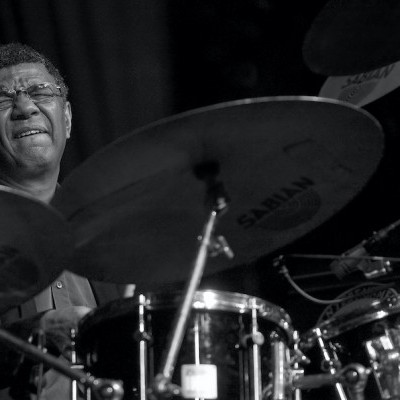
Jack DeJohnette boasted a musical resume that was as long as it was fearsome.
Oct 28, 2025 10:47 AM
Jack DeJohnette, a bold and resourceful drummer and NEA Jazz Master who forged a unique vocabulary on the kit over his…
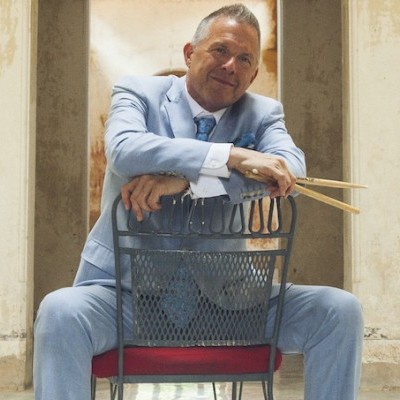
Always a sharp dresser, Farnsworth wears a pocket square given to him by trumpeter Art Farmer. “You need to look good if you want to hang around me,” Farmer told him.
Sep 23, 2025 11:12 AM
When he was 12 years old, the hard-swinging veteran drummer Joe Farnsworth had a fateful encounter with his idol Max…
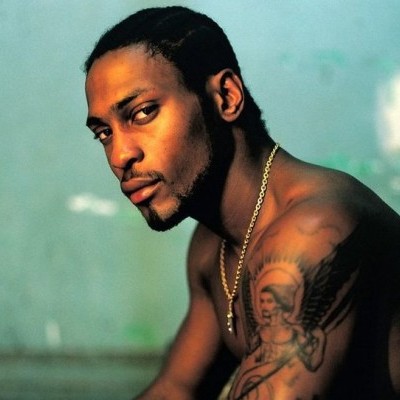
D’Angelo achieved commercial and critical success experimenting with a fusion of jazz, funk, soul, R&B and hip-hop.
Oct 14, 2025 1:47 PM
D’Angelo, a Grammy-winning R&B and neo-soul singer, guitarist and pianist who exerted a profound influence on 21st…
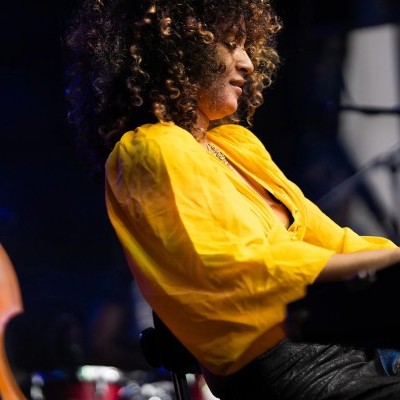
Kandace Springs channeled Shirley Horn’s deliberate phrasing and sublime self-accompaniment during her set at this year’s Pittsburgh International Jazz Festival.
Sep 30, 2025 12:28 PM
Janis Burley, the Pittsburgh International Jazz Festival’s founder and artistic director, did not, as might be…
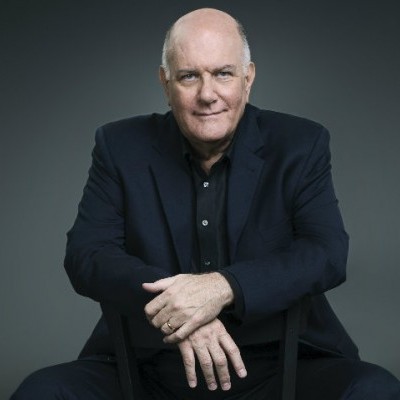
Jim McNeely’s singular body of work had a profound and lasting influence on many of today’s top jazz composers in the U.S. and in Europe.
Oct 7, 2025 3:40 PM
Pianist Jim McNeely, one of the most distinguished large ensemble jazz composers of his generation, died Sept. 26 at…